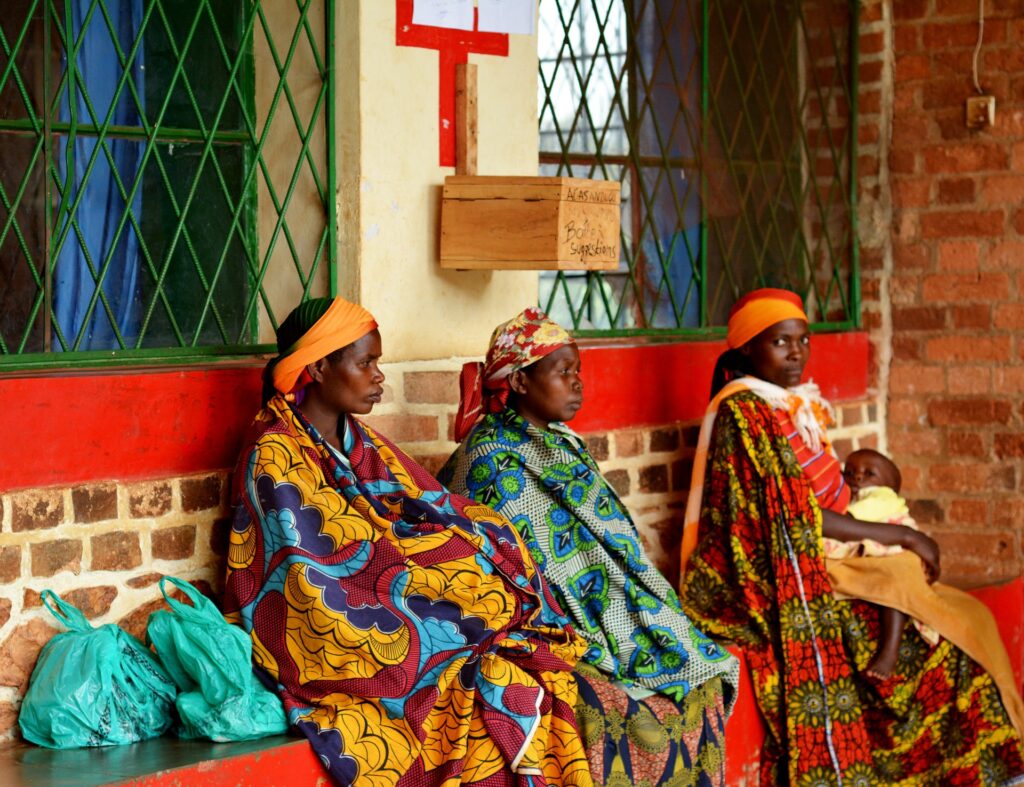What is Flexible Leadership Being flexible is the capability of readily changing (Merriam-Webster, n.d.)1. In…
Global Health Concerns of Women in Developing Countries
*Image Source: Pixabay
Women around the world face varied health issues because of their roles in society. In addition to this, lack of provision of health services, lack of government support to curb health problems, and lack of financial resources also contributes to growing health concerns of women, especially in developing countries.
It has been a norm to see many women wait long periods of time to obtain emergency care of a doctor. However, this is a direct result of a poor management of the healthcare system. Health problems should be addressed by national policy-makers in order to improve these issues.
Malnutrition
Two billion people are victims of malnutrition. Among these people, women are those who are hit hard by severe malnutrition. Women sacrifice by cutting back on their food whenever there is drought and famine. This results in women to be vitamin deficient. Women often die during childbirth because they are vitamin deficient. An estimated 110,000 women die during childbirth because of malnutrition.
Reproductive health
Dr. Flavia Bustreo, Assistant Director-General for Family, Women’s and Children’s Health through the Life-course, World Health Organization, said that one-third of health issues for women between 15 and 44 years are affected by sexual and reproductive health problems. One major risk factor is unsafe sex, especially for women and girls in poor countries. She reiterates the need to provide contraception services for the 222 million underserved women.
Mental Health
Mental health of women is largely invisible as this health issue cannot be seen. Unless people see real consequences, people cannot identify mental health afflictions that affect women such as depression. Women have a greater possibility of developing depression and anxiety disorders. They also are greatly affected by post-traumatic stress disorders due to a disaster, violent civil conflict, and domestic violence.
HIV
Women comprise half of the 35 million people who are afflicted with HIV/ADIS. However, sub-Saharan Africa and other regions have women who comprise more than 60 percent of individuals who are affected with HIV/AIDS. There are some cultures and societies that deny women the right to say NO to sex with their partners. Women do not also have access to medical treatment if they think they are infected with HIV. New infections of HIV affect women in the U.S. through heterosexual contact.
Female Genital Cutting
Female genital cutting is an accepted practice in some parts of Asia and Africa. The World Health Organization reports that more than 10 million women around the world have been subjected to FGC.
WHO defines FGC as “all procedures involving partial or total removal of the external female genitalia or other injuries to the female genital organs whether for cultural or other nontherapeutic reasons.” This practice is collectively being done locally and internationally to stop this practice. Cultures often consider FGC as a way to transition into womanhood and to preserve chastity.
Conclusion
Women all over the world are affected by various health concerns. Through the collective efforts of women’s health advocates, women lobbyists in political organizations, and national government policy-makers, women’s health issues can slowly have their solutions.




